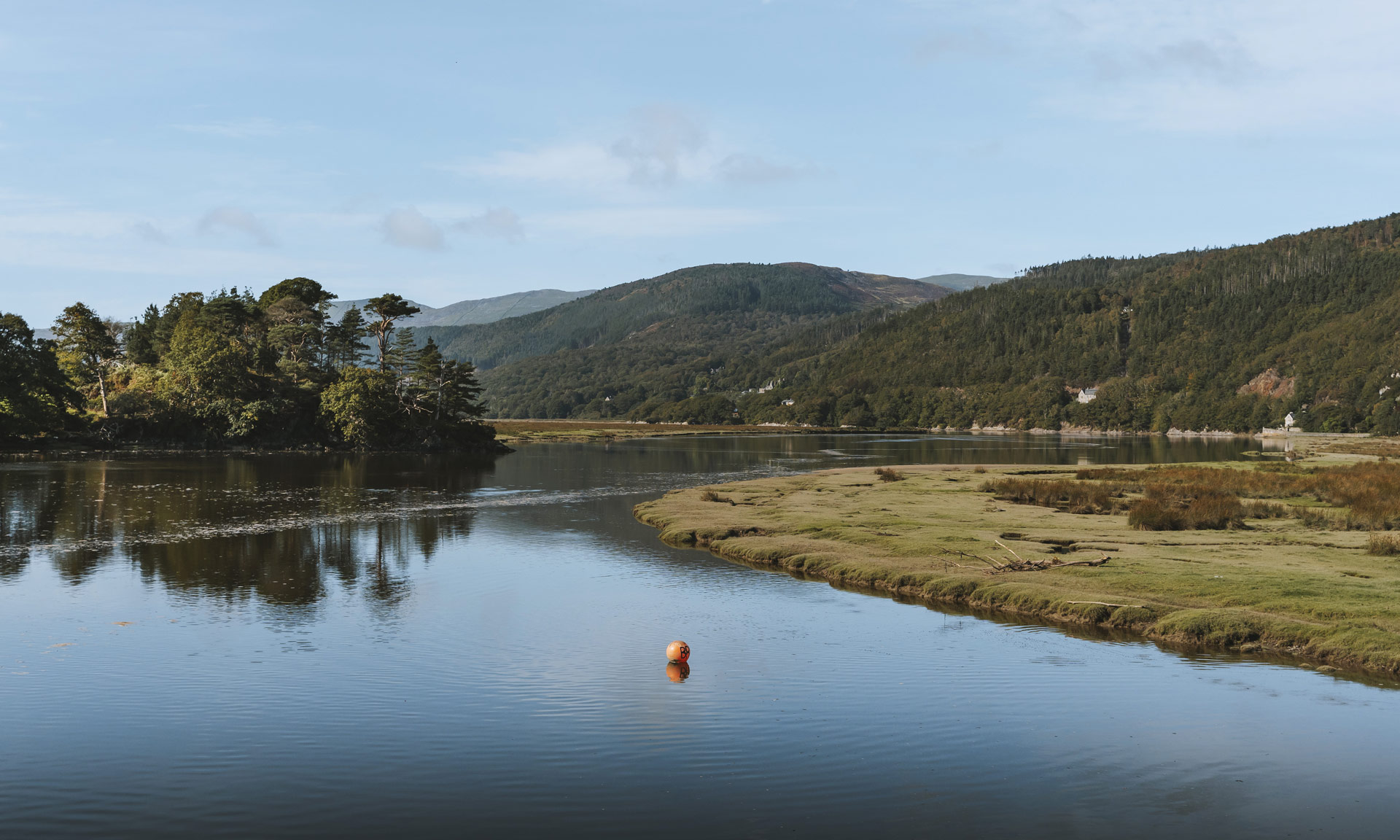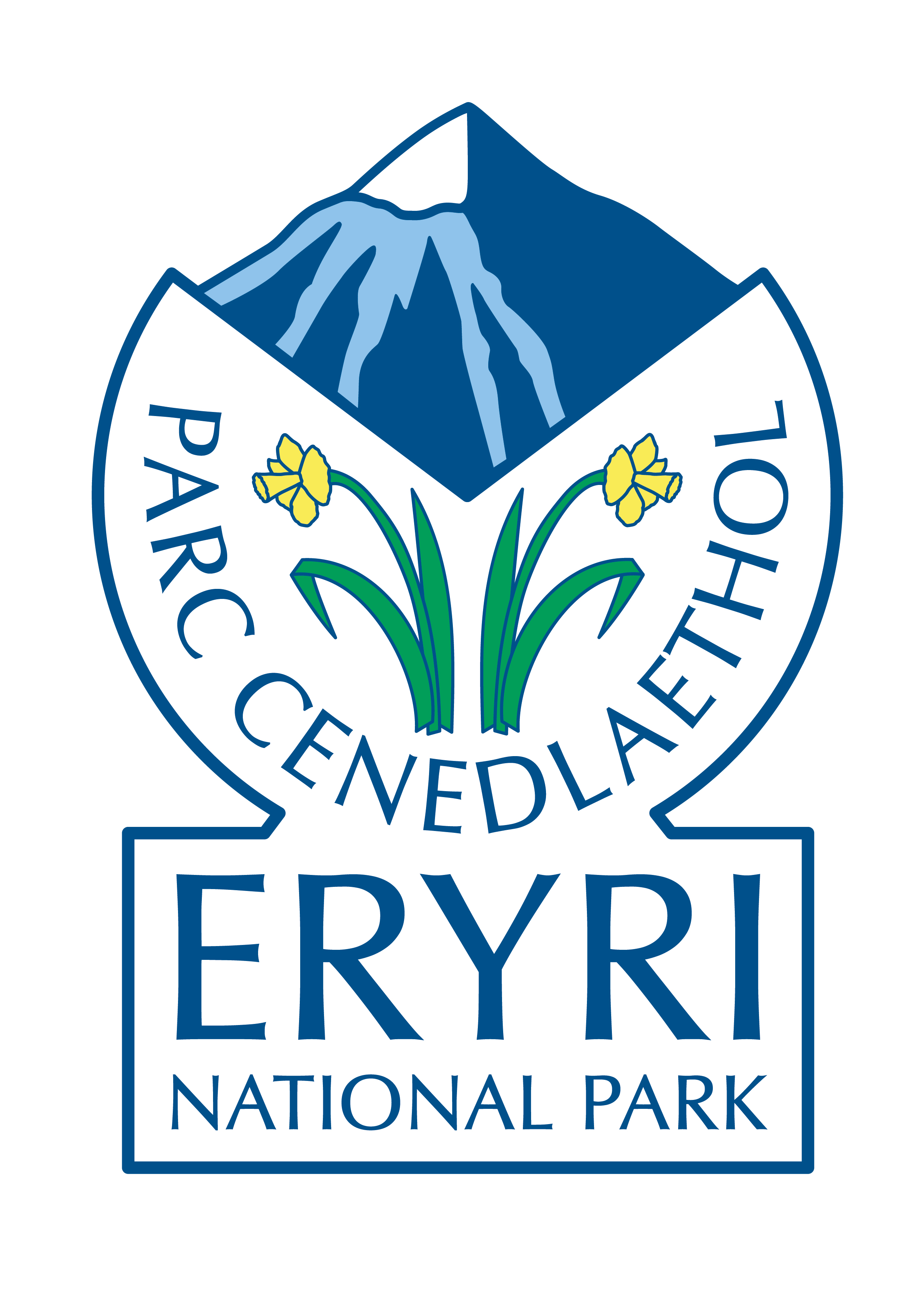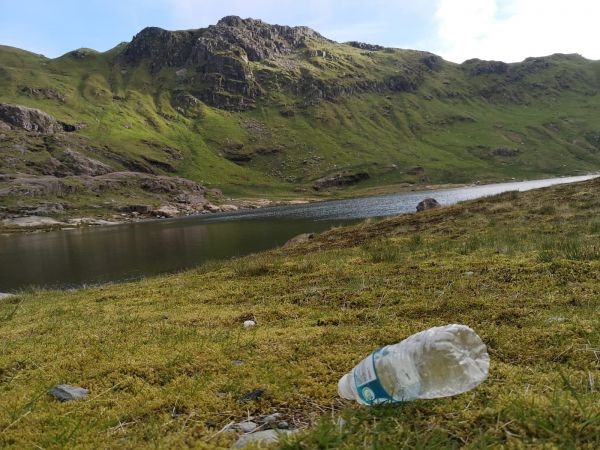CGG has successfully conducted a microplastics pollution survey as part of a scoping study into whether it would be possible to create a Plastic Free zone on Yr Wyddfa (Snowdon).
Partneriaeth Yr Wyddfa (the Snowdon Partnership) led by the Snowdonia National Park Authority aims to increase public awareness of plastic pollution on the UK’s most visited mountain and consider the practicalities of introducing Plastic Free Areas in the National Park.
Variable amounts of microplastic pollution were identified in all the soil samples collected along the busy Llanberis Path to the summit of Snowdon in April 2021 and analyzed by CGG at its Geoscience Laboratories in North Wales for microplastic quantification and identification. A new, innovative sample preparation and analysis workflow was used for rapid, mass sample screening to identify high concentrations of microplastic significantly faster than with existing manual and optical identification methods. This workflow can be used to calculate the volume, size and shape of plastic particles within a sample.
The results were used to determine a Microplastic Pollution Index, that is designed to help organizations, local authorities or government agencies identify areas of plastic leakage and wastage where microplastics may be entering the food chain or natural environment. On Yr Wyddfa (Snowdon), the largest amounts of microplastic were observed where people congregate in large numbers. Microplastic particles constituted nearly 5% of the total sample collected at the summit. These were predominantly small, highly-abraded particles formed from the fragmentation of larger plastic material and fibers shed from clothing.
John Harold, Director of Snowdonia Society and Chair of Partneriaeth Yr Wyddfa said:
“These results are a stark reminder of how persistent plastic is when it gets into the environment. A huge amount of litter is cleared by staff and volunteers, but by no means all gets picked up. This work shows what happens when plastic is let loose in the soils and freshwater of our precious protected areas; it breaks into countless particles and we lose control of it. Once again this really highlights the need for us all to be extra careful when visiting protected areas,”
Peter Whiting, EVP, Geoscience, CGG, said:
“With the growing need for clear and transparent environmental information, CGG’s innovative microplastic analysis technique provides detailed microplastic pollution information for a range of stakeholders. Through continued investment in technology, CGG is developing advanced workflows to generate data that is key to addressing global environmental challenges such as plastic pollution. This technique complements our other plastic pollution monitoring initiatives, such as our ongoing European Space Agency project to monitor plastic pollution from space. It also strengthens CGG’s portfolio of advanced environmental monitoring solutions.”
This CGG environmental database dashboard display shows the results from the microplastic survey along the Llanberis Path to the summit of Snowdon, North Wales. Top left – Map chart displaying Microplastic Pollution Index ratings of sites related to percentage volume plastic content of samples. This highlights pollution ‘hotpots’ with high microplastic concentrations. Bottom – The bar chart displays the recorded values of plastic content within samples. Microplastic accounts for around 5% of the total volume in samples with the highest plastic content. Top right – Sample image displays a QEMSCAN® mineral map in which the size, shape and distribution of microplastic fragments fragments from the summit of Yr Wyddfa (Snowdon) is highlighted in pink (image courtesy of CGG).
QEMSCAN® is a registered trademark of FEI Company.
Notes to Editors
About CGG
CGG (www.cgg.com) is a global geoscience technology leader. Employing around 3,700 people worldwide, CGG provides a comprehensive range of data, products, services and solutions that support our clients to more efficiently and responsibly solve complex natural resource, environmental and infrastructure challenges.




